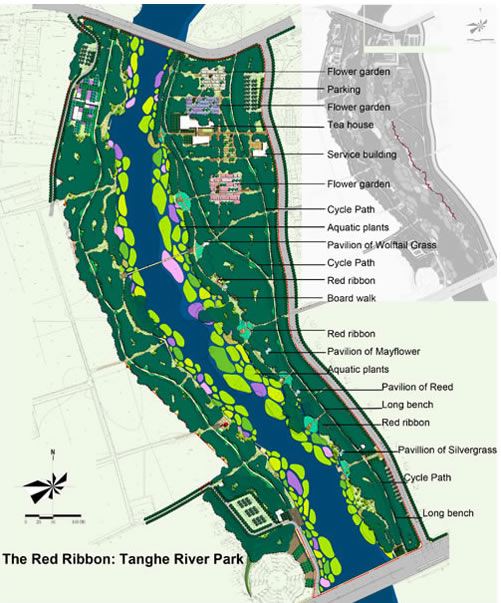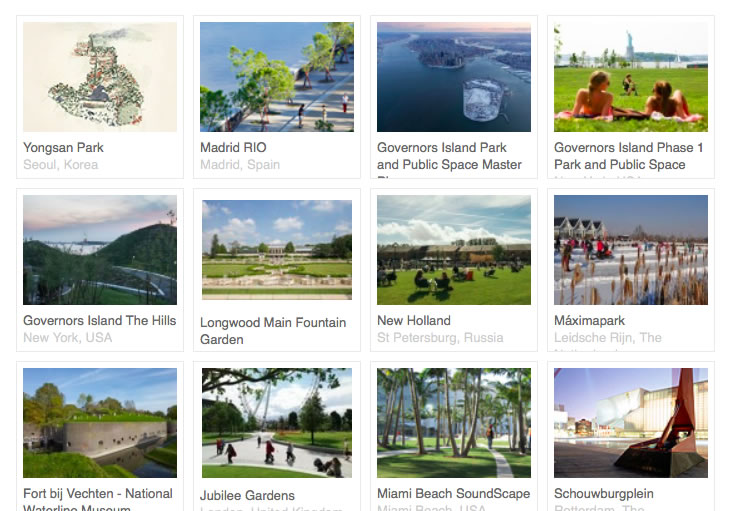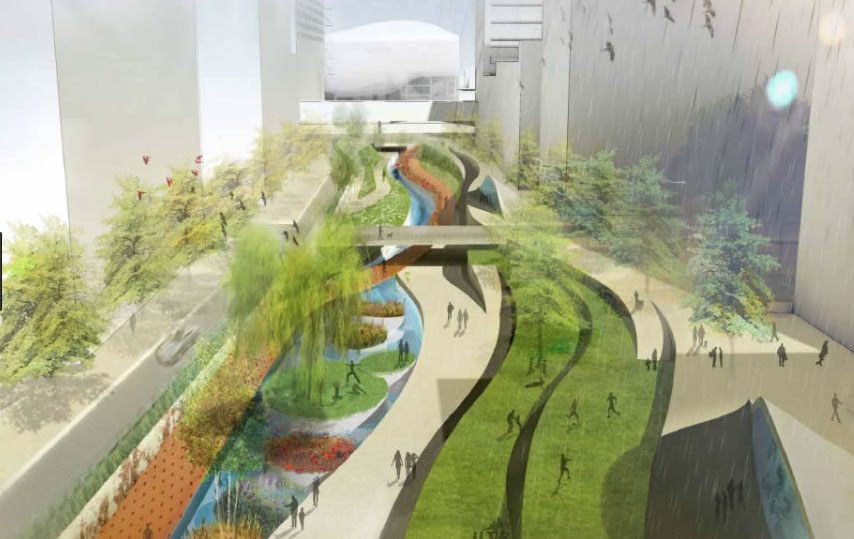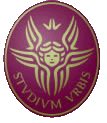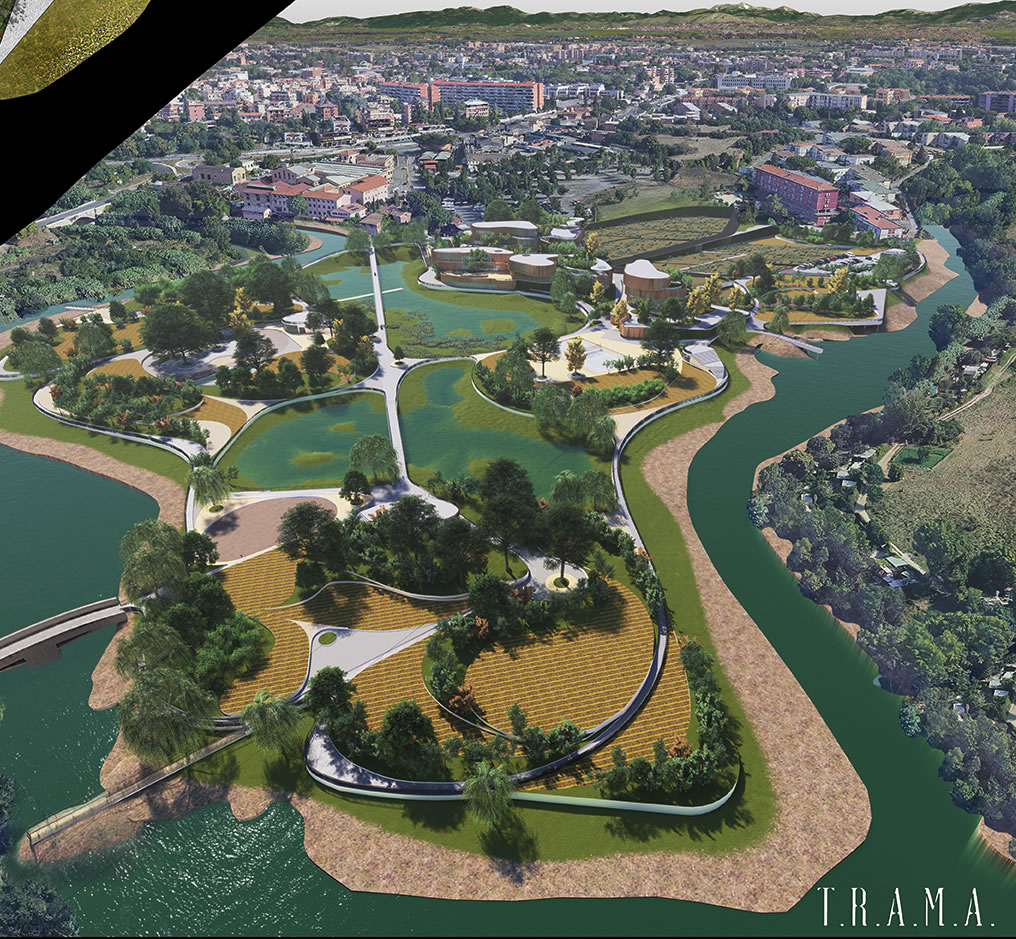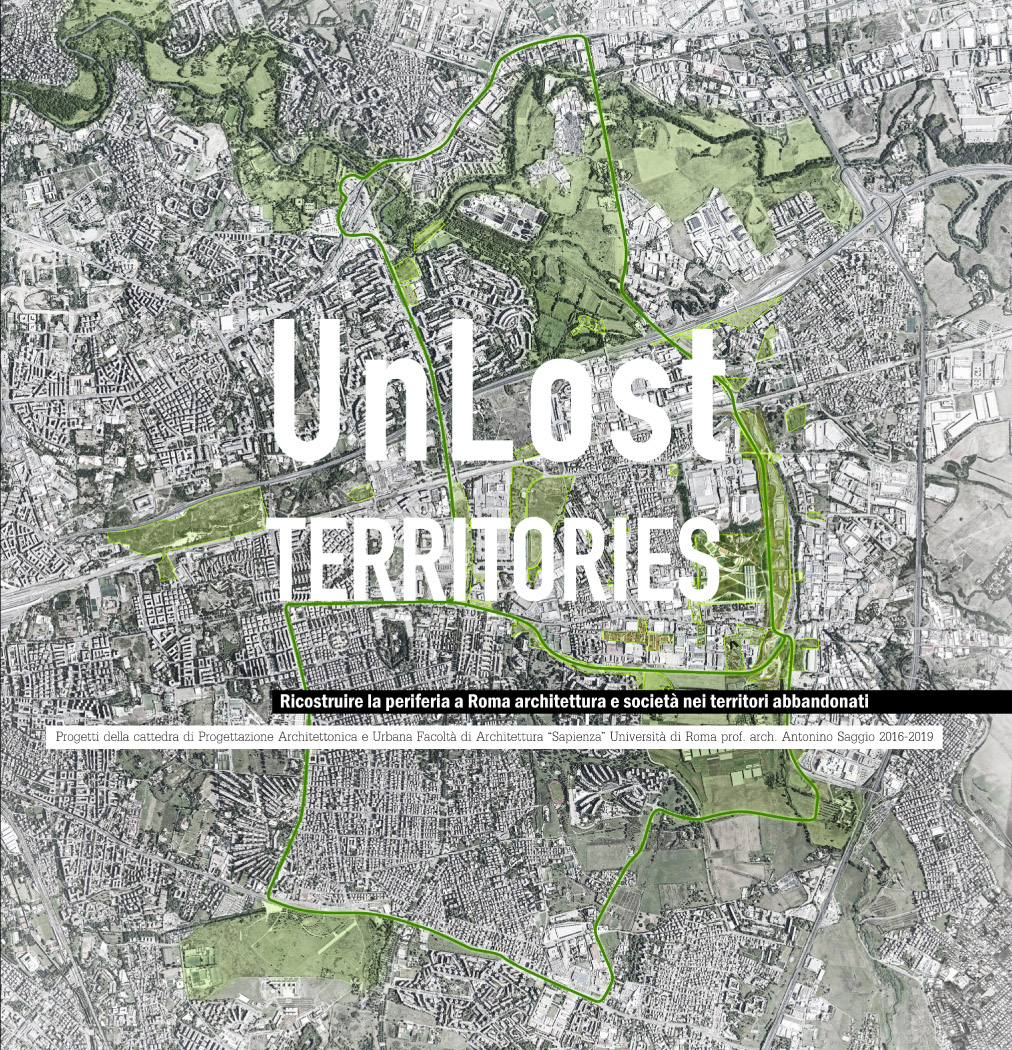Antonino Saggio I Quaderni
Science and the city
2020 Tirana Architecture Week at Polis University
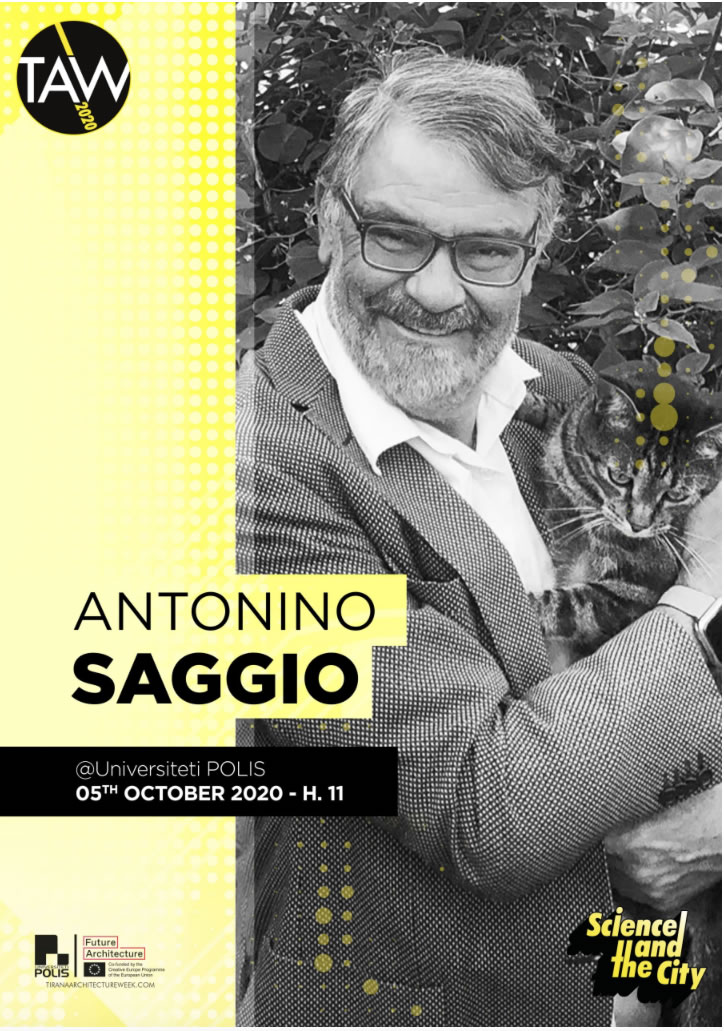
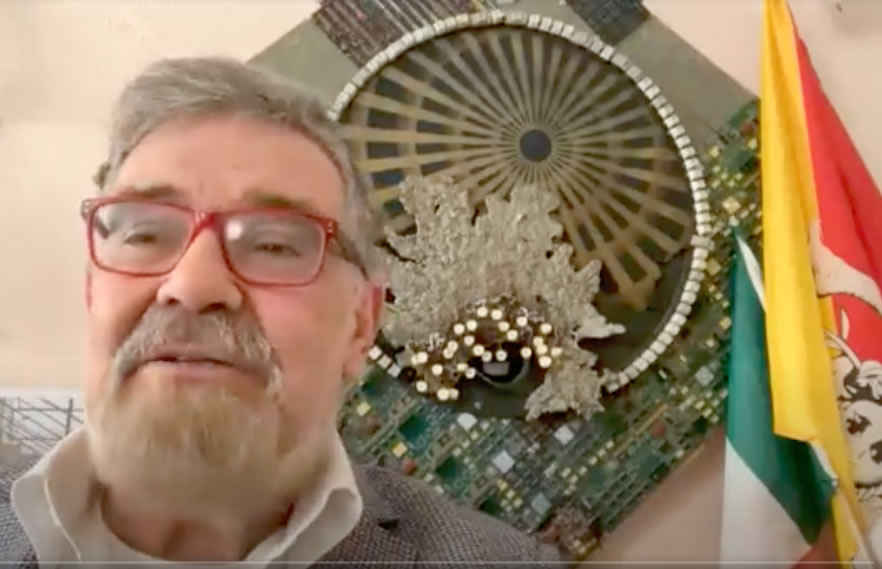
Follow the entire conference in video
TAW Tirana Architecture Week 2020 organized by Universiteti Polis member of Future Architecture Science and the City | In the Era of Paradigm Shifts 28 September-11 October 2020 -- The KEYNOTERS of TAW2020 Professor Antonino Saggio - Sapienza, Università di Roma (IT) 05th October 2020 This event was possible in cooperation with the Istituto Italiano di Cultura a Tirana
-- Antonino Saggio (Rome 1955) is an Architect and Full Professor of Architecture and Urban Design at “Sapienza” Università di Roma. He has been for several years coordinator of the Ph.D. School in “Theory and Design” and director of the International book series “The It Revolution In Architecture”’ He has written several books among which one of the most important ones - ‘Architecture and Modernity: from Bauhaus to the IT Revolution’ - has also been edited in Albanian by POLIS University. Three main guidelines distinguish his work: first, the confidence in the concrete possibility of teaching architectural design through making its methods evident and transmissible. This approach has been tested with many students and graduands, with the members of nITro (New Information Technology Research Office), and with many assistants and collaborators that are currently teaching in foreign institutions such as POLIS University. The second fundamental aspect of Saggio’s work is the continuous interrelation between the critical historian moment and the design phase. Particularly, this research path permeated his intense critical activity and led to the birth of books regarding Giuseppe Terragni (published by Laterza), Giuseppe Pagano (published by Dedalo), Louis Sauer (published by Officina Edizioni), Peter Eisenman and Frank O. Gehry (published by Testo&Immagine). The third peculiarity of his work concern the belief of today’s catalyzing role of Information Technology in the definition of a proper ‘IT Revolution in Architecture.’ This topic has been part of his early teaching years at Carnegie Mellon-Pittsburgh and has continued at ETH Zürich and is currently part of his commitment at the Faculty of Architecture at “Sapienza.’ The book series ‘The IT Revolution In Architecture,’ founded by Saggio in 1998 and also edited in English by Birkhäuser, has been a focal point for the deepening of this topic and contributed to influence a whole generation of architects that are currently at the forefront of the international debate. Furthermore, the presence of IT also characterized critical urban projects for the city of Rome (Urban voids, Urban Green Line, Tevere Cavo, UNLost Territories) that link together the different historical and landscape peculiarities of the city that urgently needs for the development of new infrastructures within the urban fabric that can treasure the impact of the new IT possibilities.
Curators
PhD Skender Luarasi, PhD Valerio Perna
Foam and Sponge. A New Paradigm for City Survival
I. Premise
II. Crisis Modernity Time
III. Water Infrastructures
IV. Five Principles of Infrastructres
V. Foam and Sponge
***

Powers of ten by Charles and Ray Eames a movie for Ibm, 1977. You Tube, Wikipidia
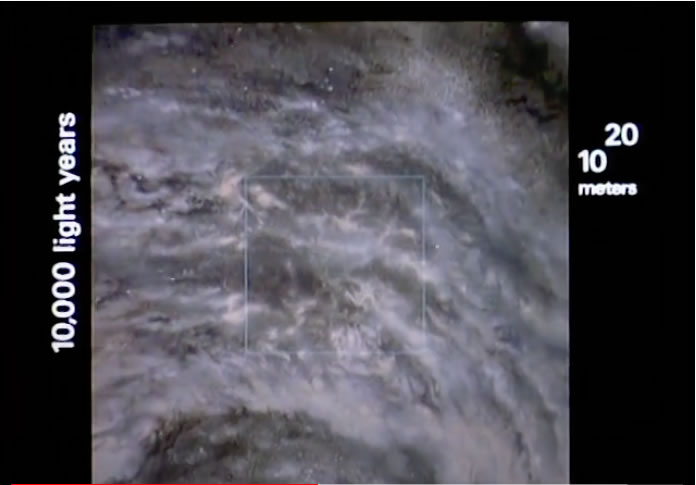
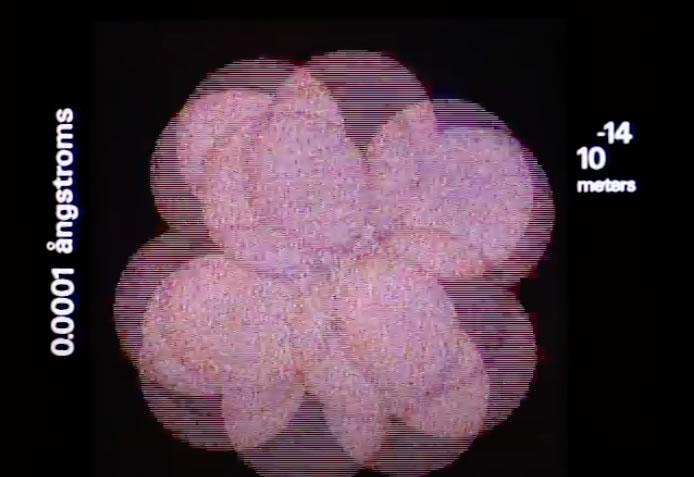
Clearly the men lost any comprehension and sence of the magnitude and scale of the events they caused and facing now.
To try to understand a bit what is happening as in Powers of ten movie, we sholuld look from the outside
to retrive our reason we have to find it in the moon.
(By the way is a part of a famous italian poem "Orlando Furioso" by Ludovico Artiosto)
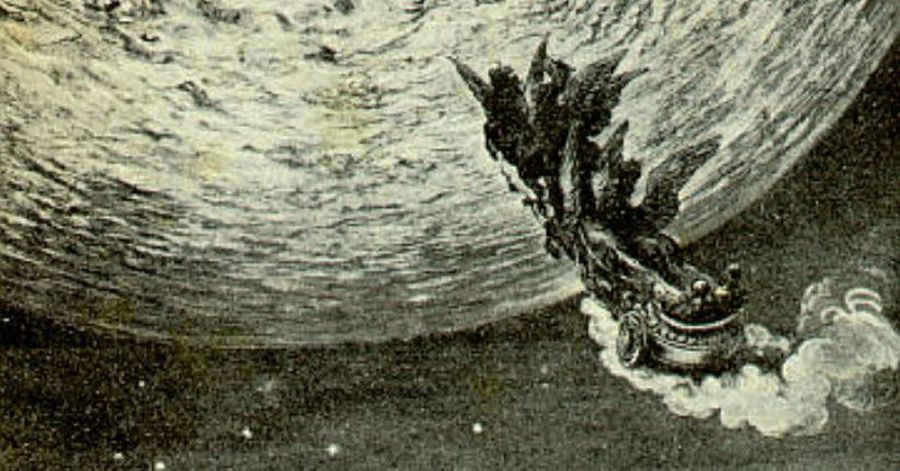
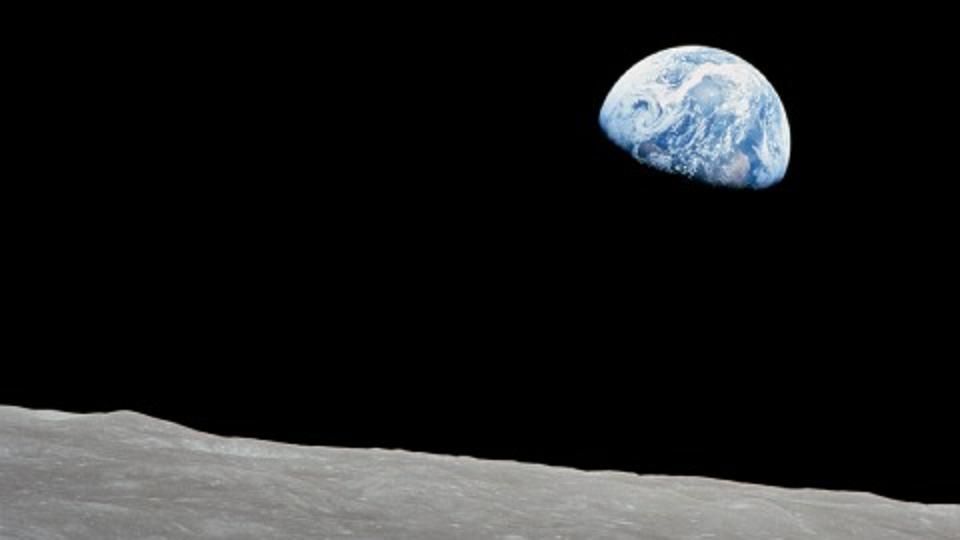
It was clear since the time of buckmunster fullerspace shipi eart the iea fo fragility interconneccon ecosystems
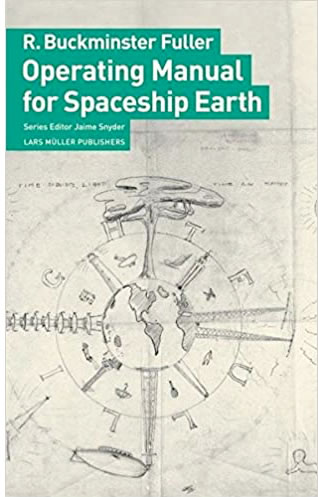
1968!
It is clear that to deal with new forces we must take into a complete new considertion all the elements of relationhip between man and nature
Air Soil Bios Human Behaviors Water.
Relationship Crisis/Modernity. Problem is that is not simultaneous
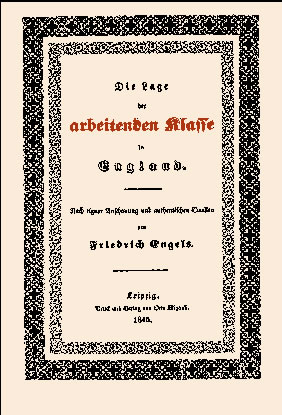
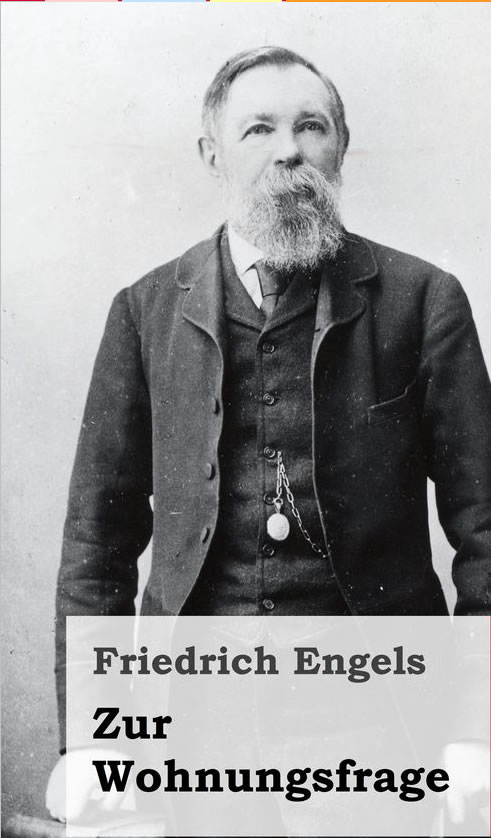
1845, 1887
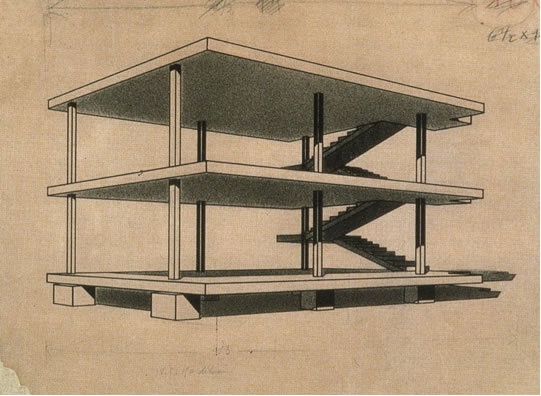
1914 Le Corbusier Dom-ino Constructive system
and when started to be effective?
We can say in large scale only after 1945
It is a tremendous lap!!
How can we accellerate a not Linear but Associative way of thinking
(using the terminology used in the previous lecture by Alessandro Melis? here at TAW)
The problem is: can we accelerate?
Renzo Piano banchi in legno: "Un progetto che darebbe ossigeno ai diecimila falegnami in Italia che sarebbero in grado di produrli". ' source

So it is not symultaneous, this is the problem. How can we facilitate not only the development of a "modern" thinking, one that the transforms the crisis into values?
And the problem is not only to have a thinking.. you must have politics amd community to support it.
I think Polis University for his history and its developments is one of the best hubs to speak about it.
Because they are three different minds at its fonudation
Politicis, Community, Theory
Crisis of
Fires Droughts Pandemia Hurricanes Landslides ...
interconnected with the social tragedies
Migrationss Wars Inequalities ...
In this lecture we decided to tackle a bit just the issue of Water.
Firt of all let's have cleare the concept of Infrastrucures.
And I believe the best example remains Rio.
Water Infrastructures
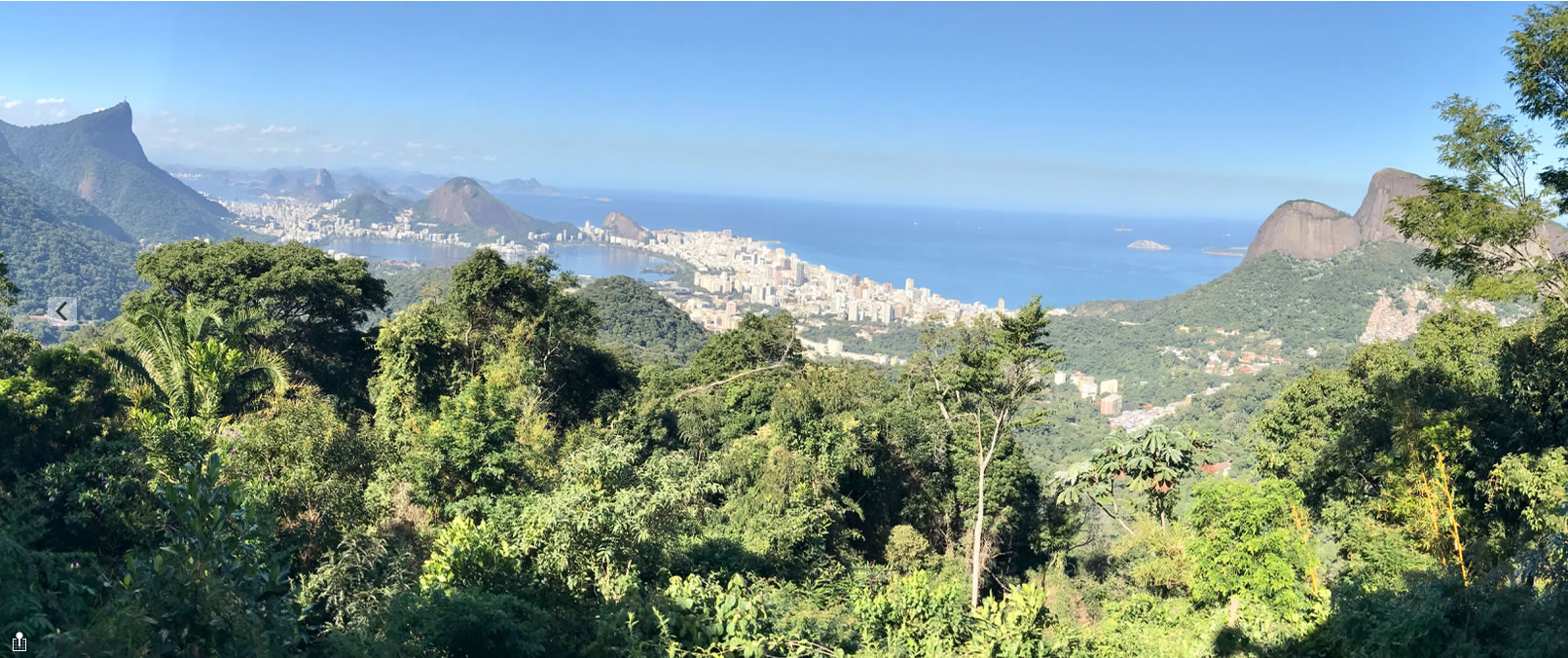
Alfonso Eduardo Rey
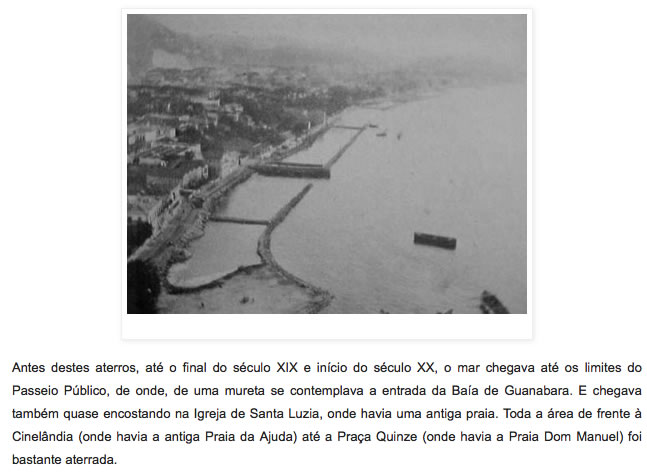
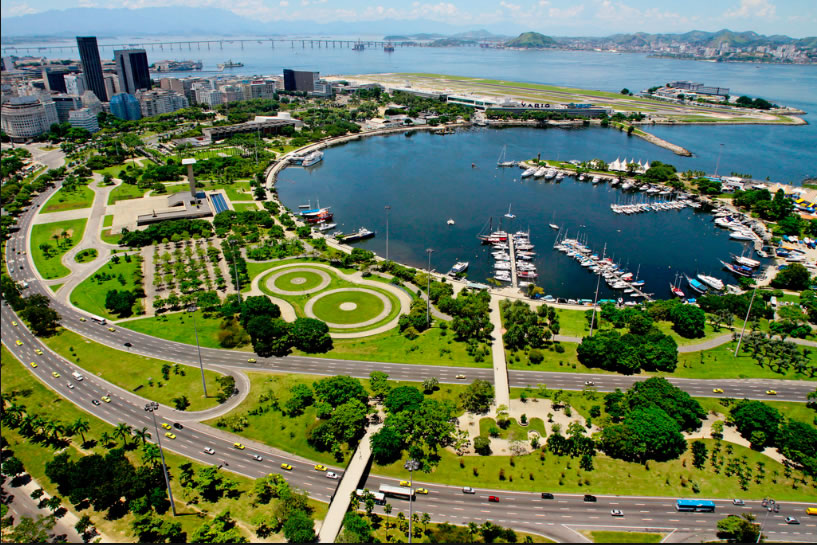

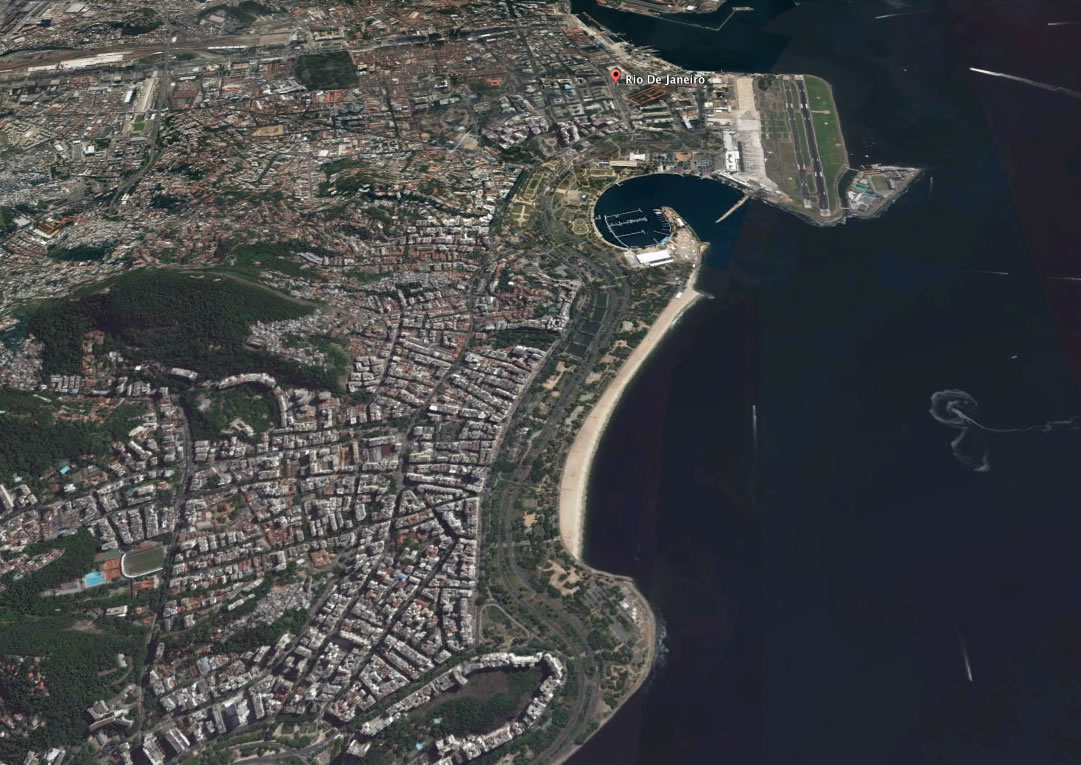
sig
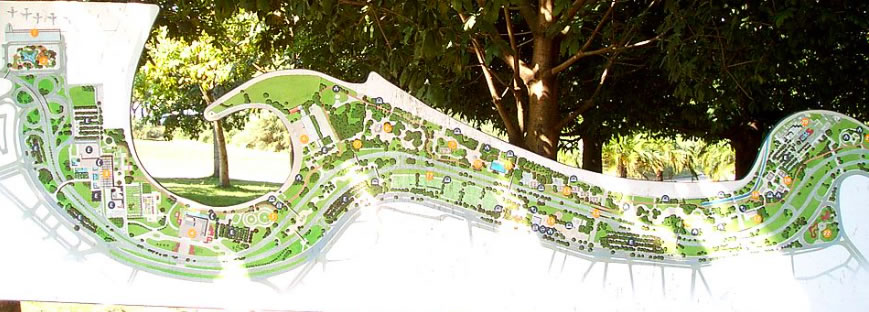
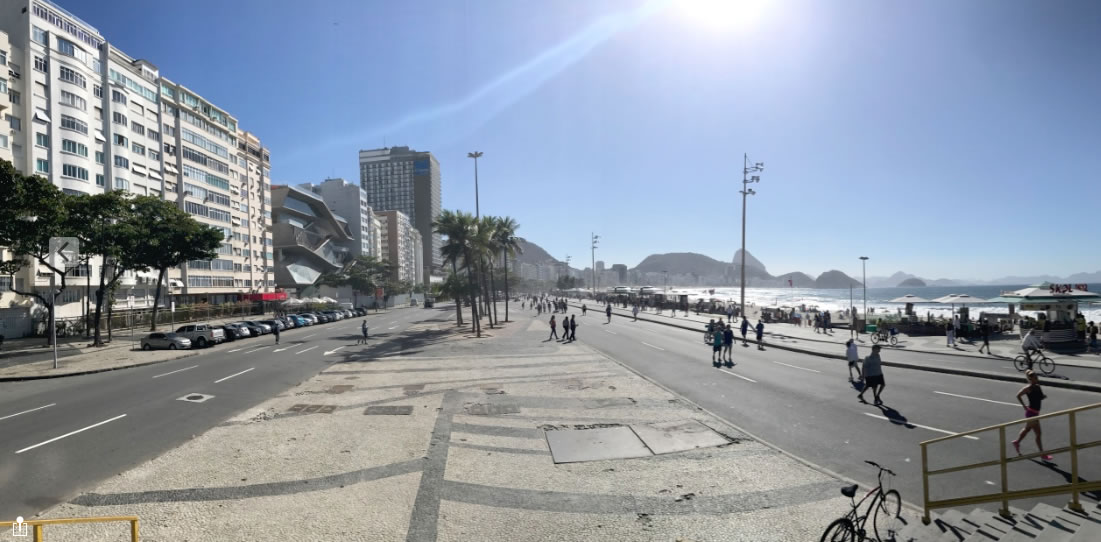
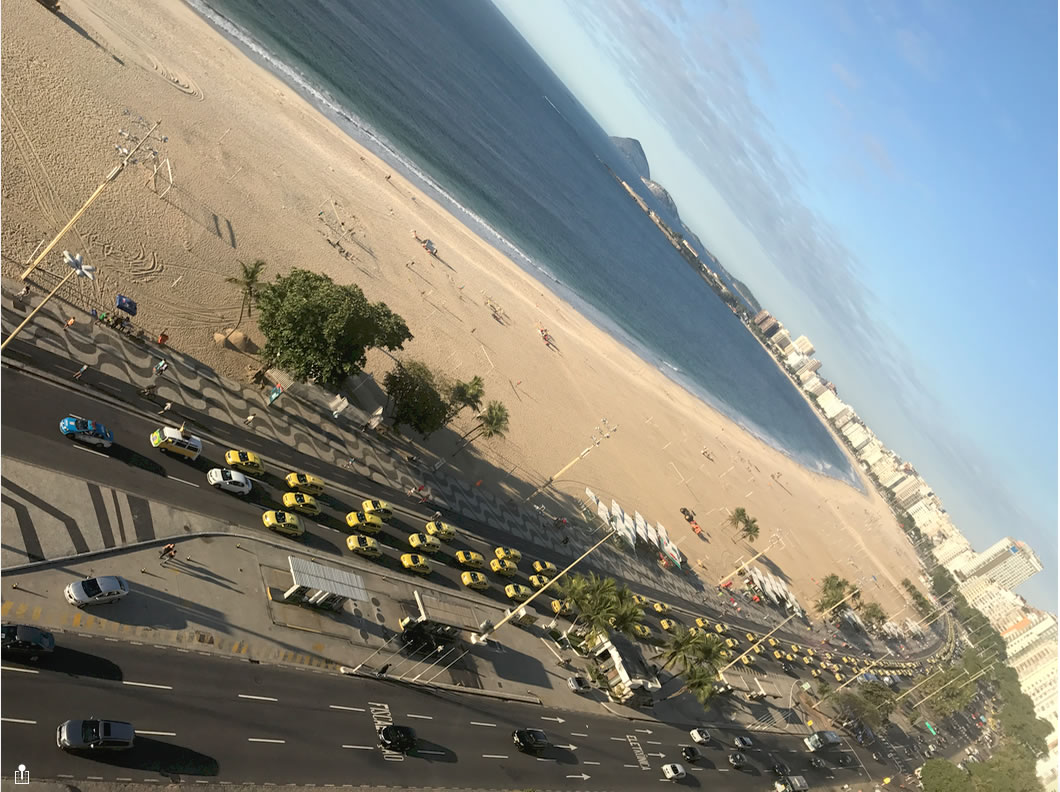
From this idea comes all my thinking about Infrasctructures theuir role and their sence in the city.
if somebody speaks to me about the city I will anwer always Infrusctures first.
Which is a simple and at the same time a strong answer.
IV. Five Principles of Infrustructres
They are illustrated in a series of Articles in the magazine "L'architetto" You can reda them and have them automated tranlstaed in to english
0: Infrastructures in the exihisting city re-direct development towards the rehabilition, reuse and densification of the existing city. In this doing they stop urban sprawl and the using of natural soil
1. MultiFunctionality
(come le mura, mica sono solo difensive, una "pluralità di funzioni" vi devono ricadere, innanzitutto quello della mobilità)
Carlo Amaturo
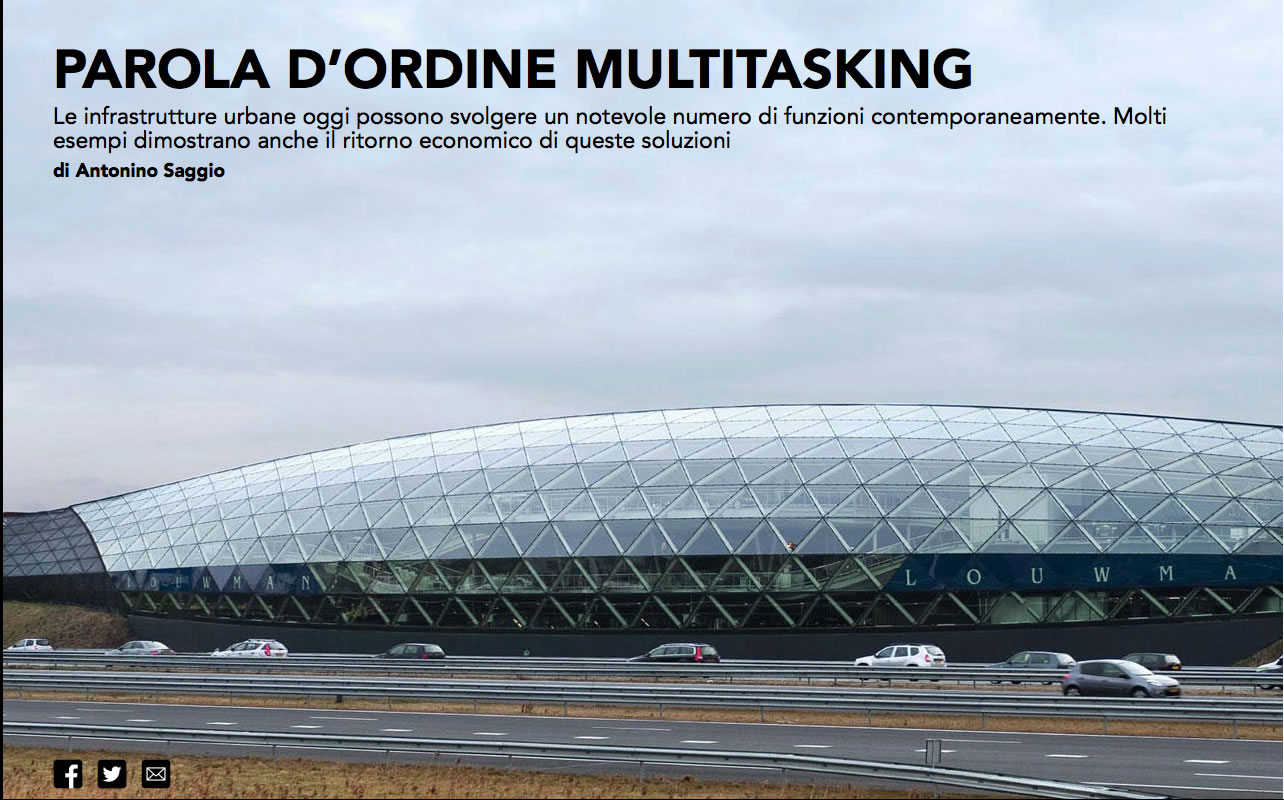
"Infrastrutture Multitasking" Giugno 2014
2. Green Systems
(è il concetto di ecologico in quanto sistema attivo, capace di innestare "cicli" e processi, maratonda >)
Luca Bregni
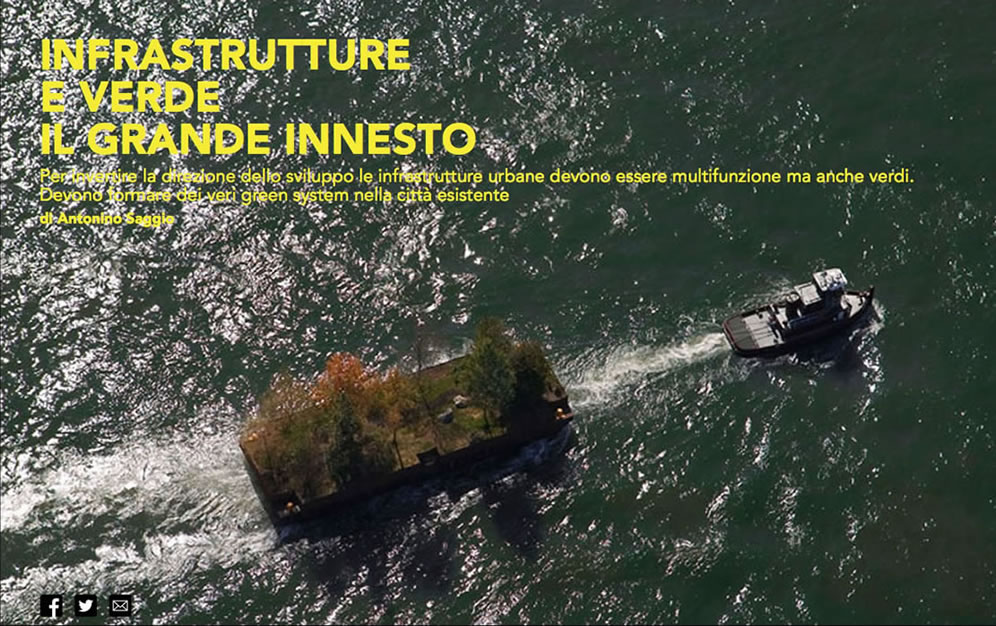
read the article
"Infrastrutture e verde il grande innesto", Settembre 2014
3. Information Technology Foam
(l'idea che oggi dell'informatica non si può fare a meno, e che anzi è spesso catalizzante es 2009, es 2007, es 2006)
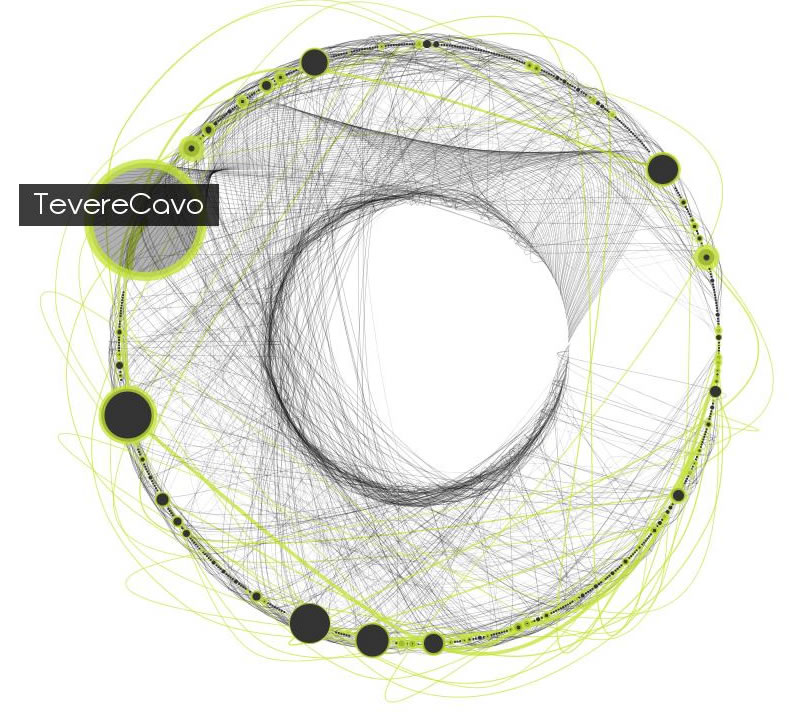
Michela Falcone
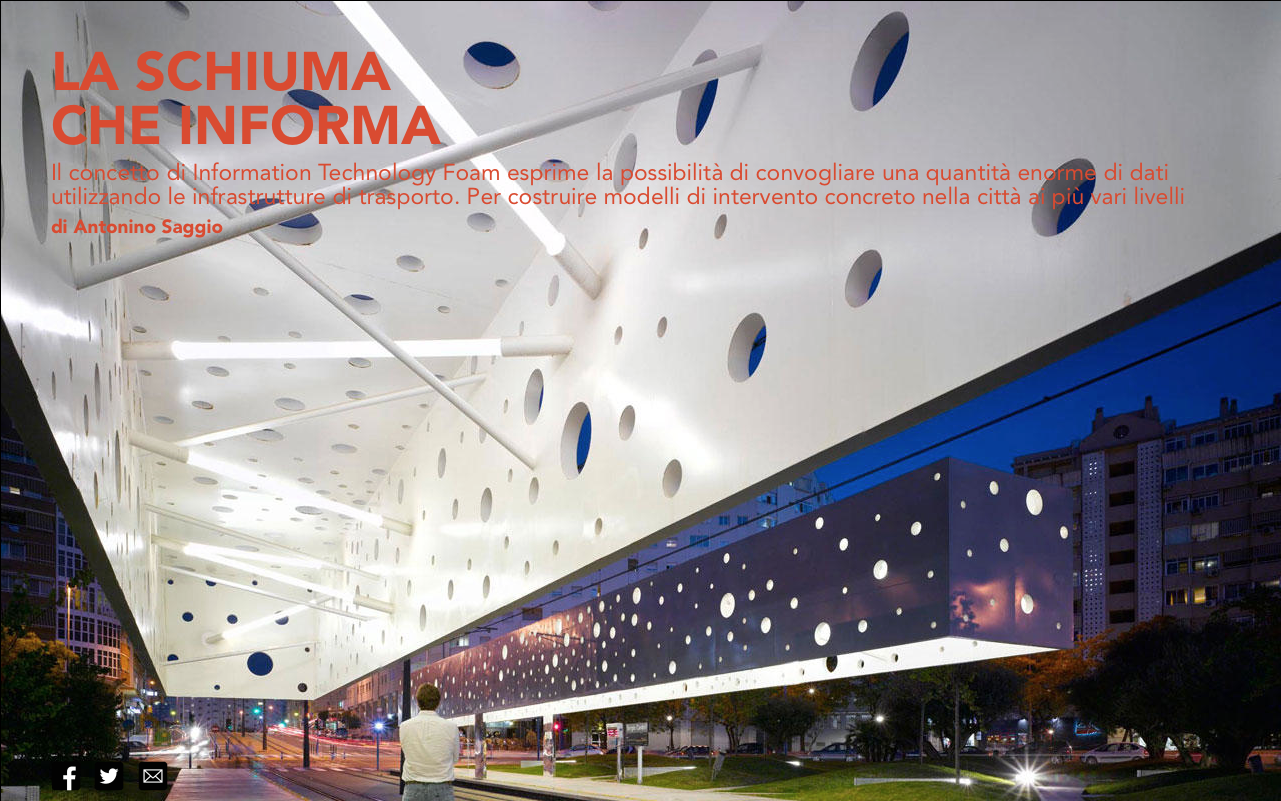
"La Schiuma che informa", Gennaio 2015
4. Living Accessibility The SlowScape
(è l'idea che per vivere bisogna rendere accessibili sistemi urbani e ambienti diversi della città, insieme al senso del viaggio)
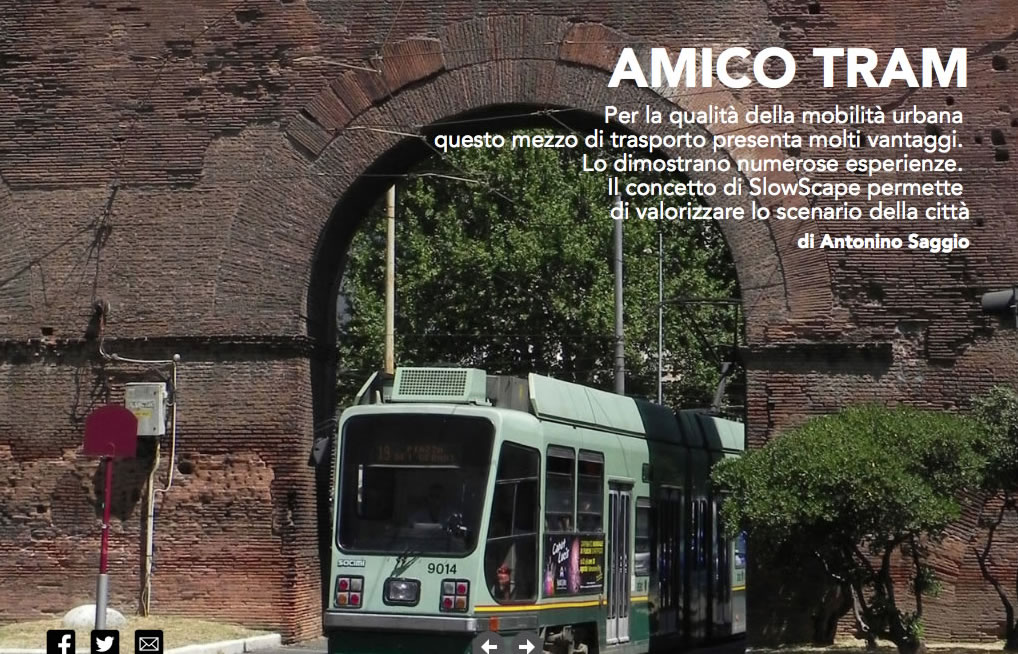
"Amico Tram, per la Mobilità Urbana". Novembre 2014
5. Cittadinanza) - Bellezza civica.
(è la chiave di volta, bisogna andare sul difficile è solo li che si apre veramente la modernità, anche nella sua componente più complessa e antica)

"Dare Senso e Speranza - Significato delle Infrastrutture" Marzo 2015


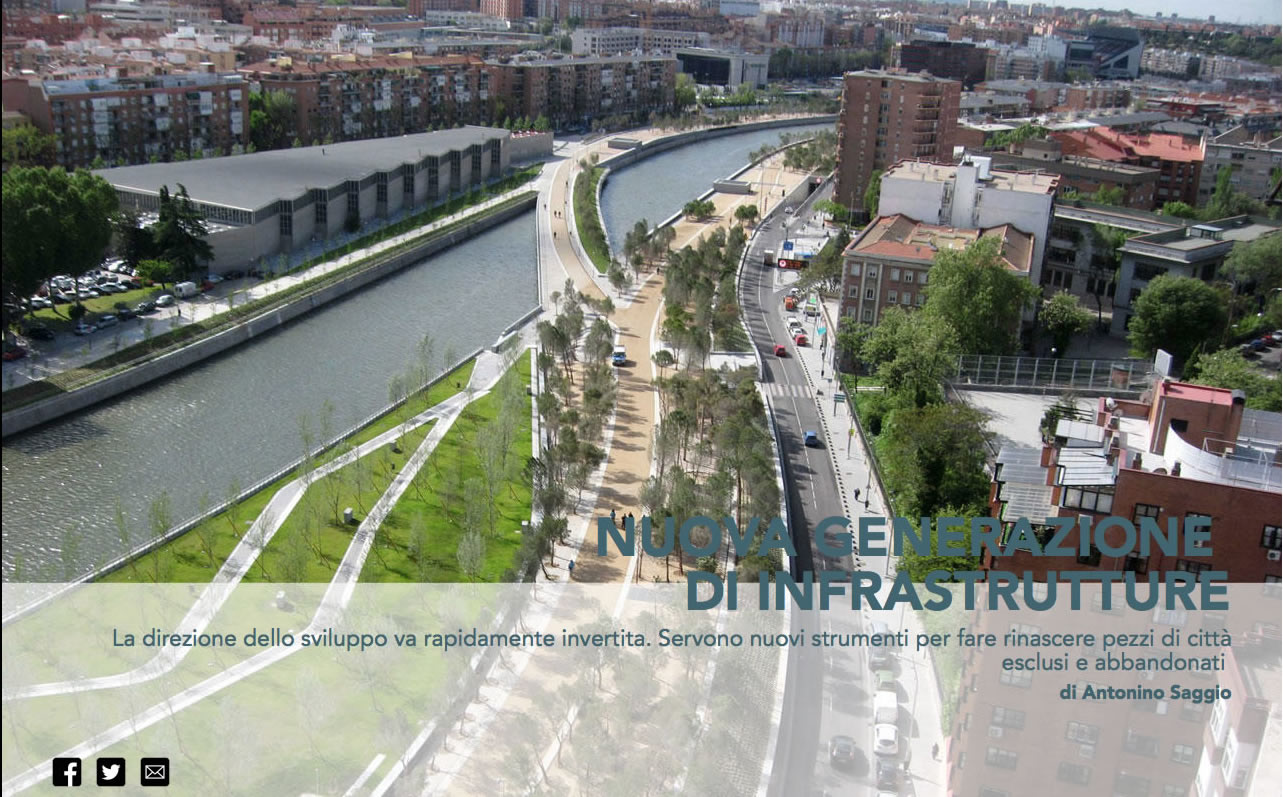
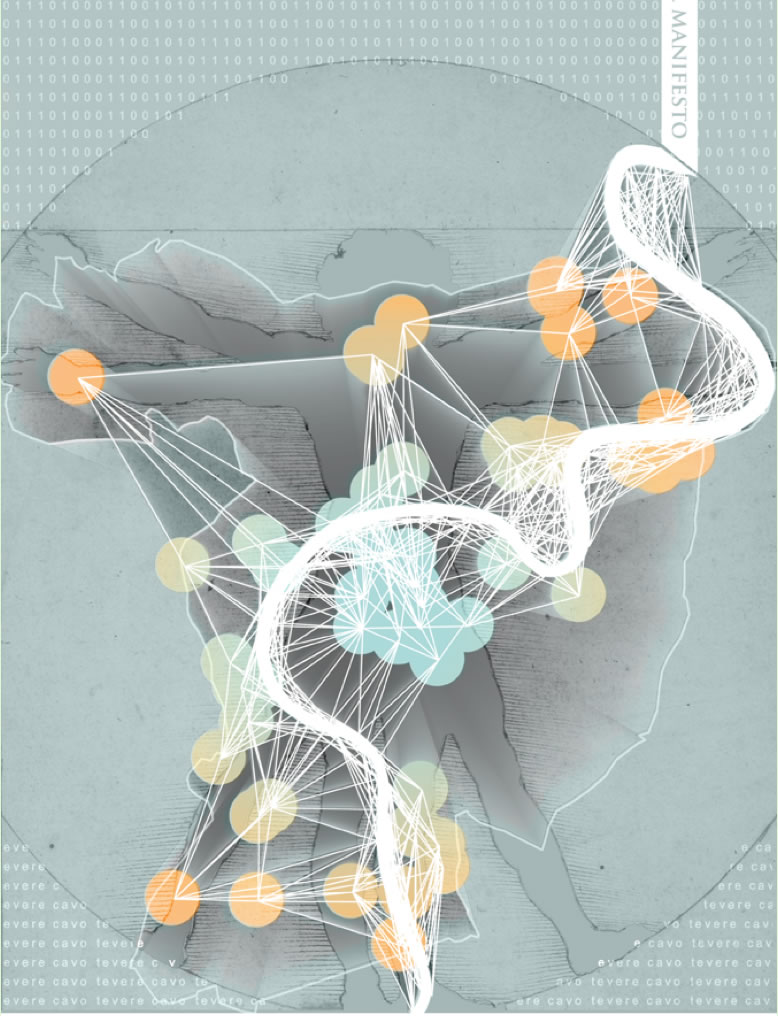
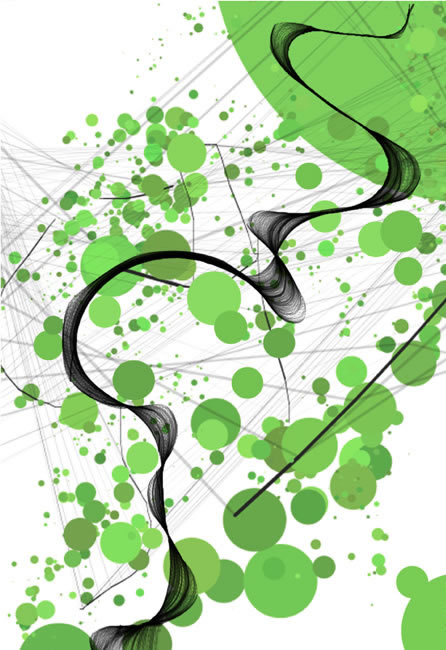
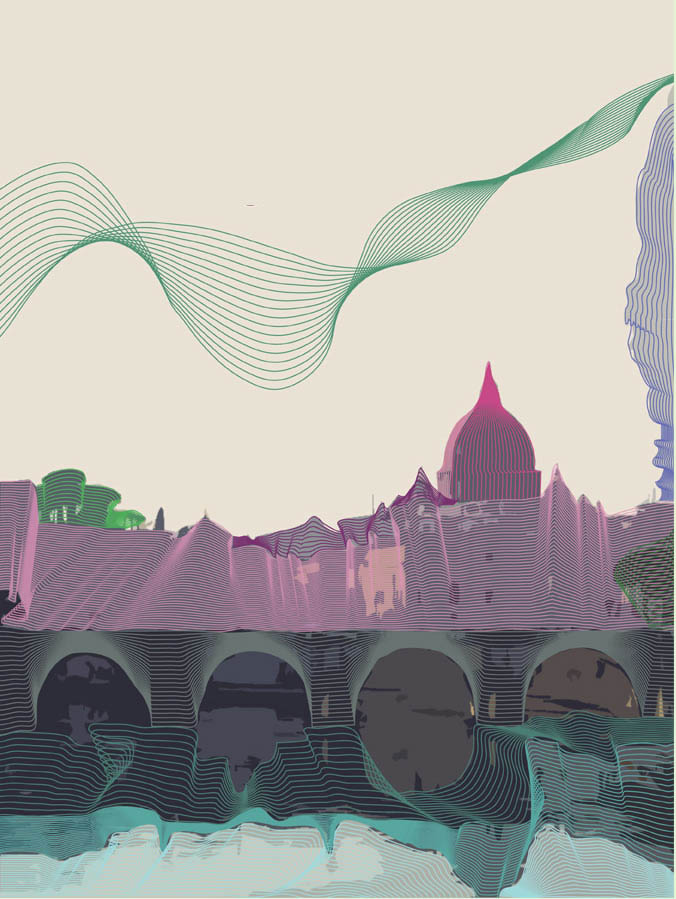
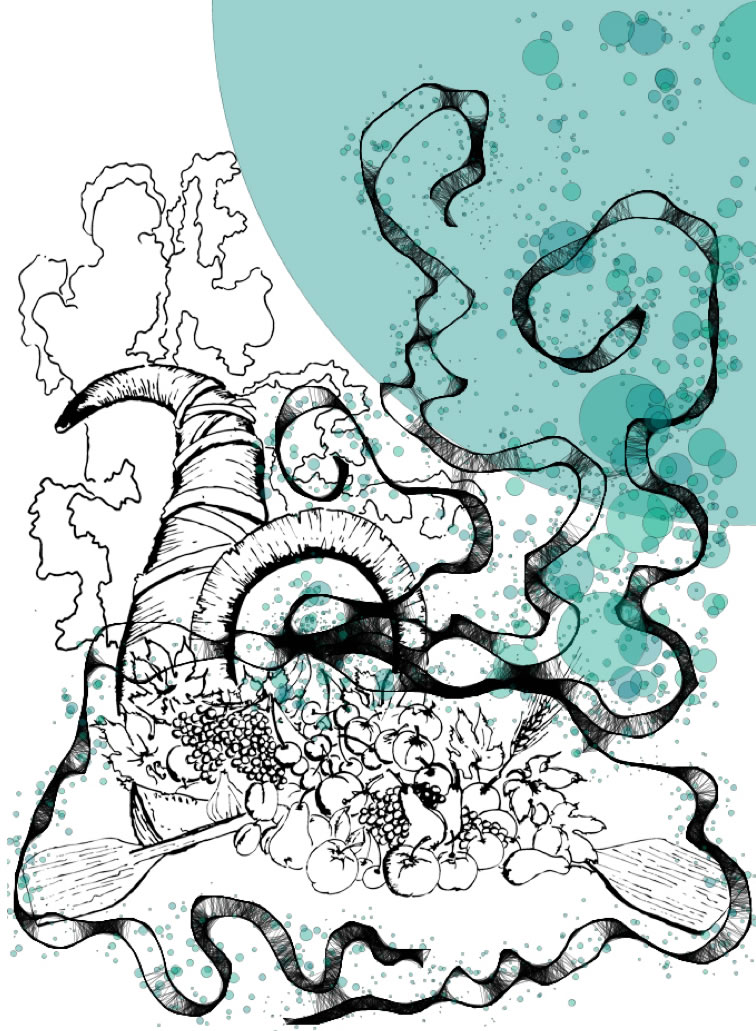
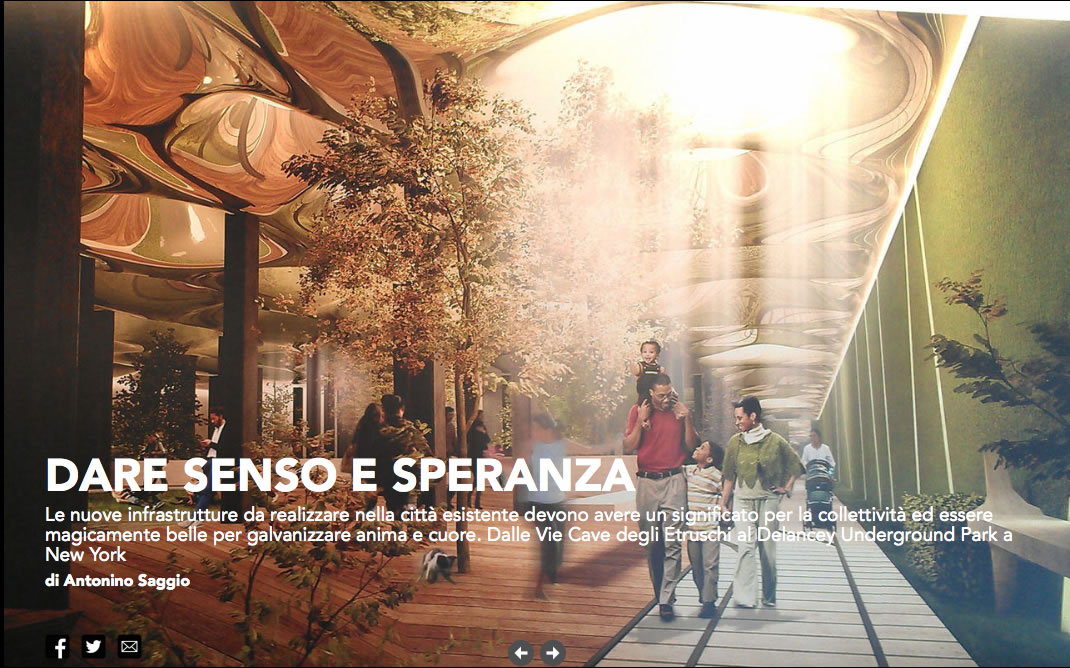
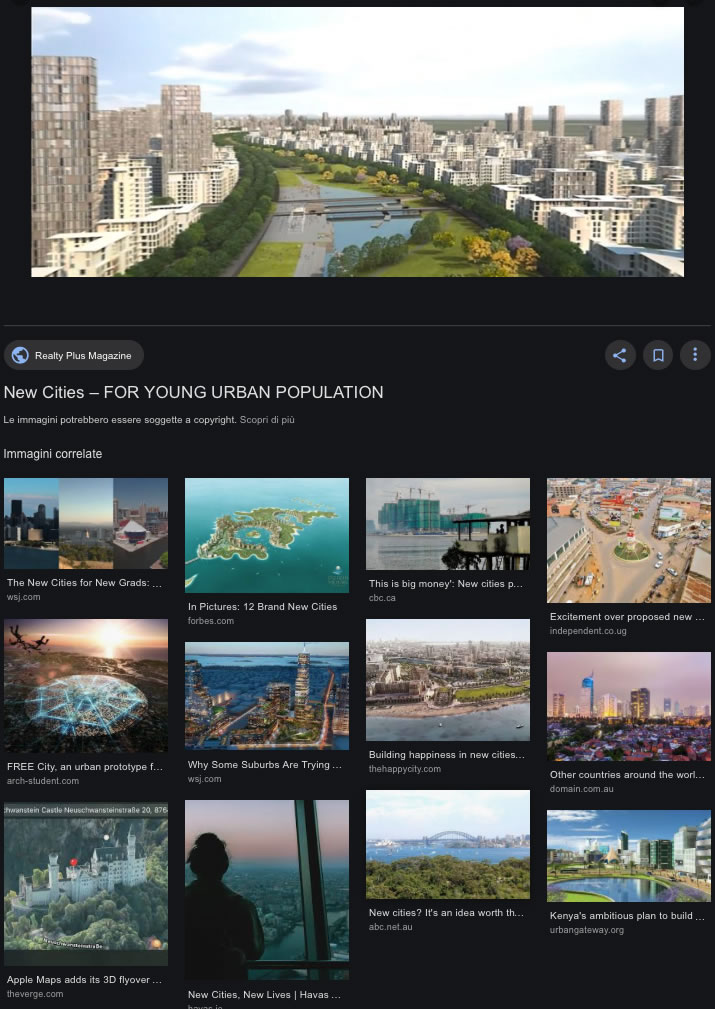
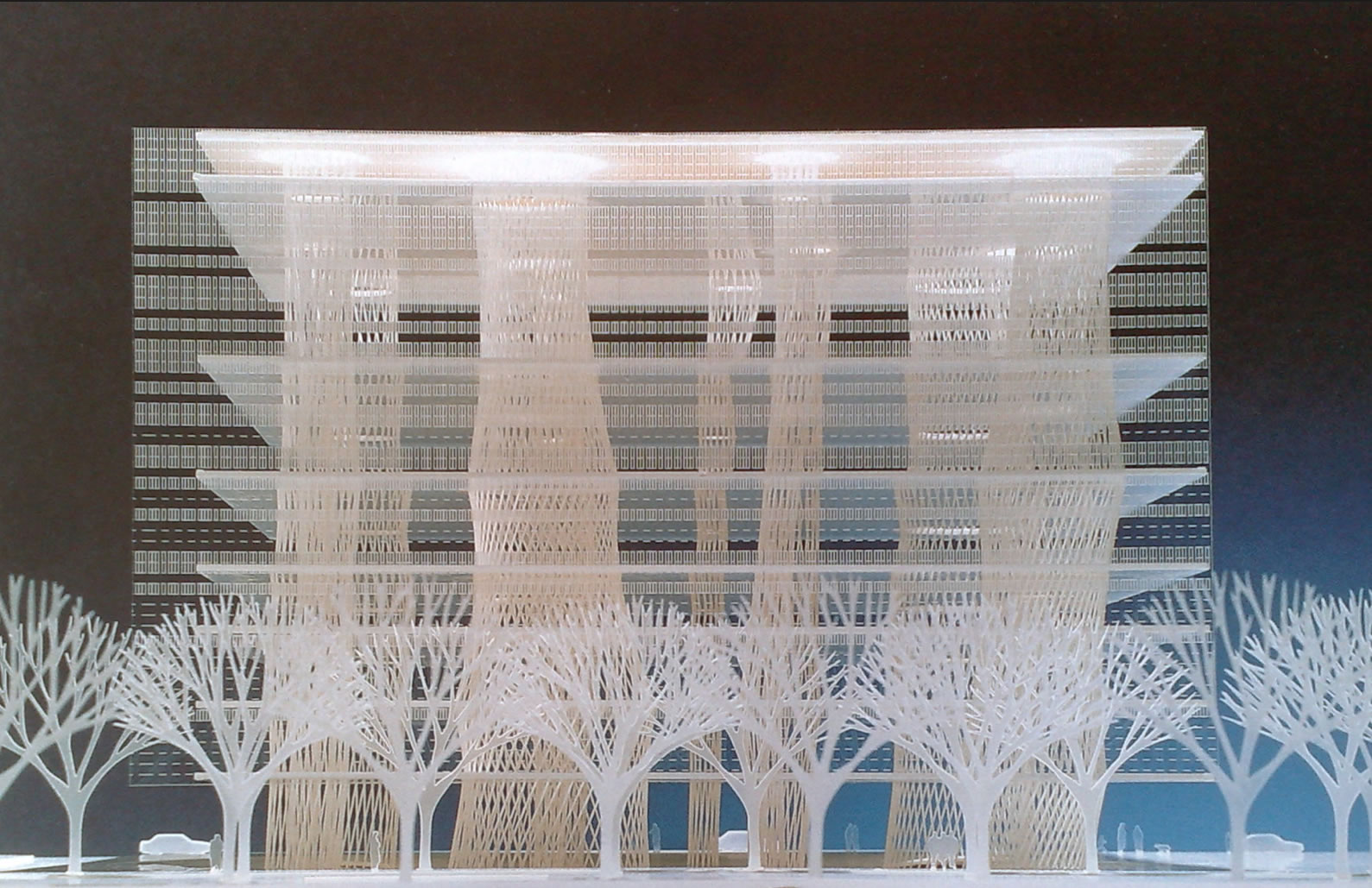
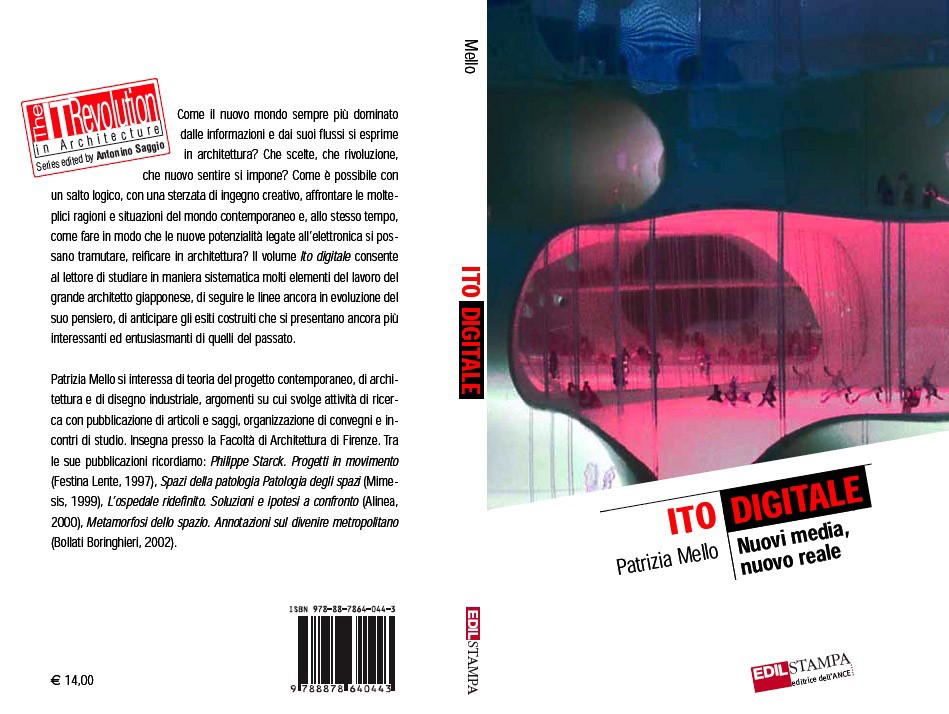
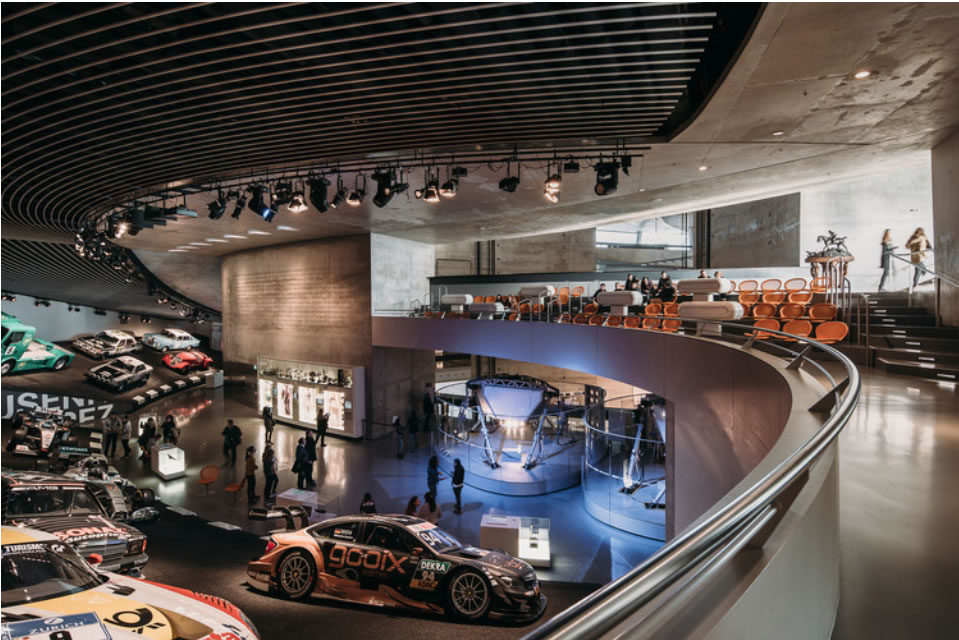
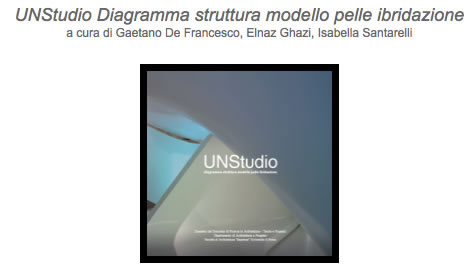
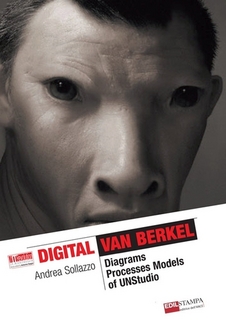
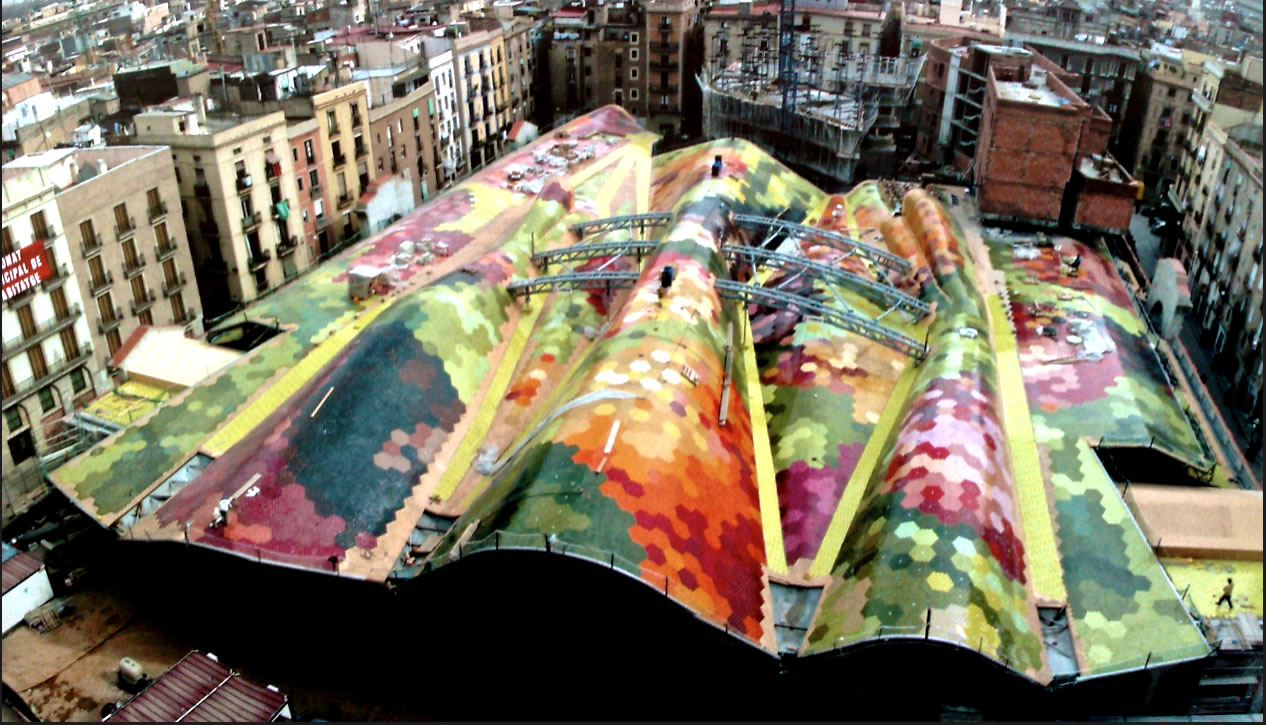
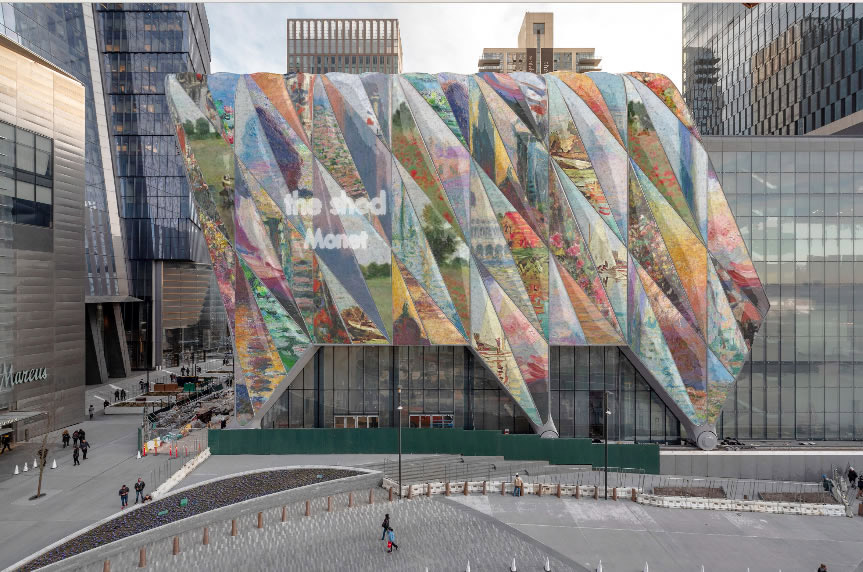
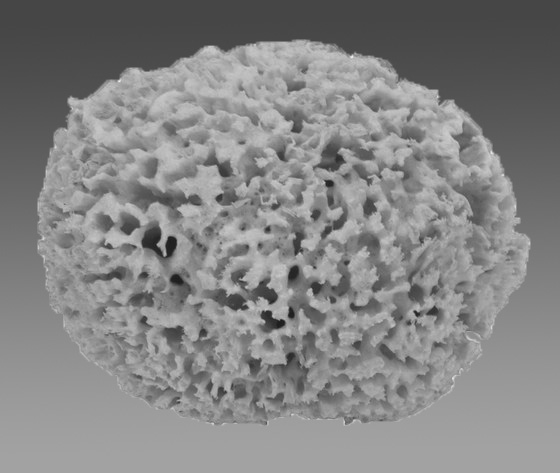 .
.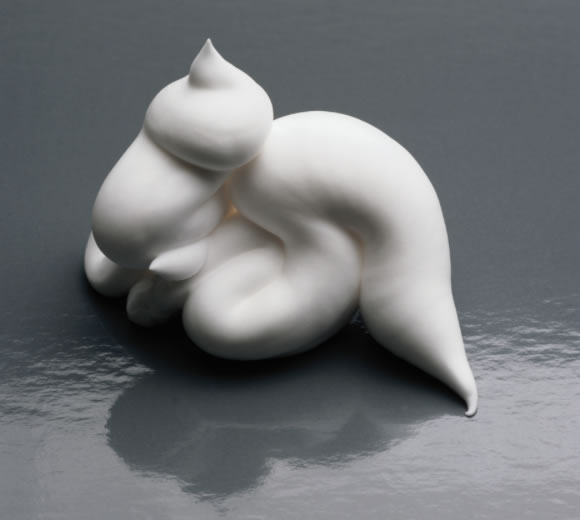
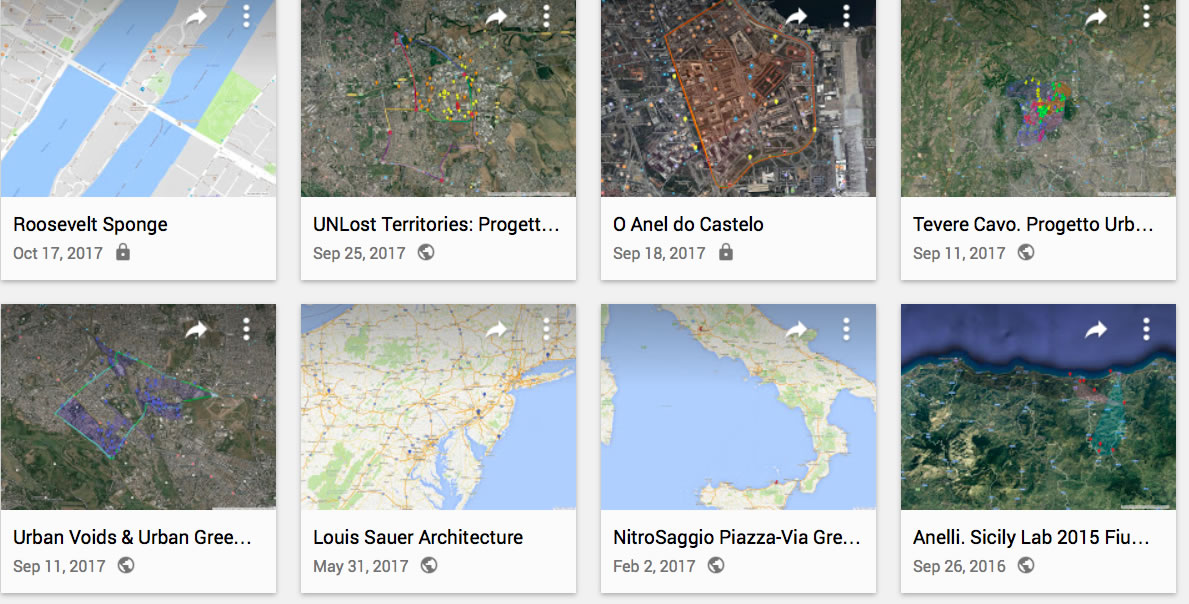
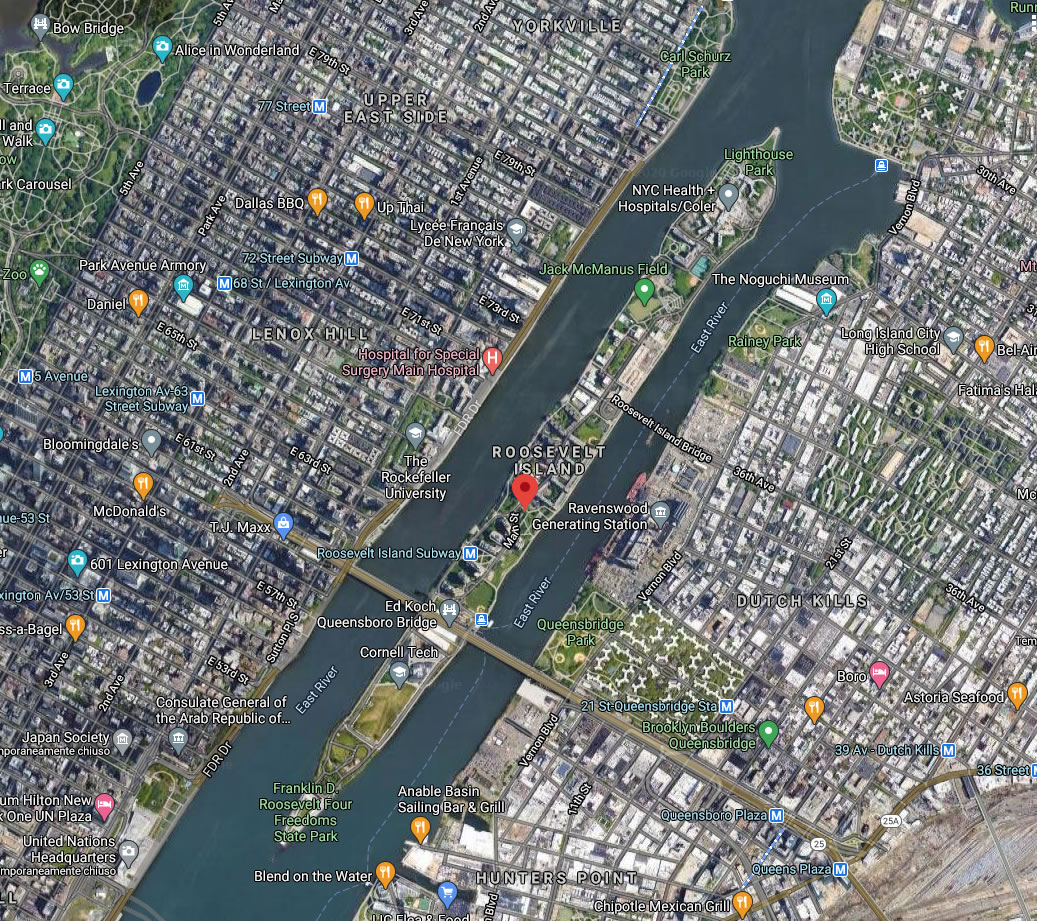
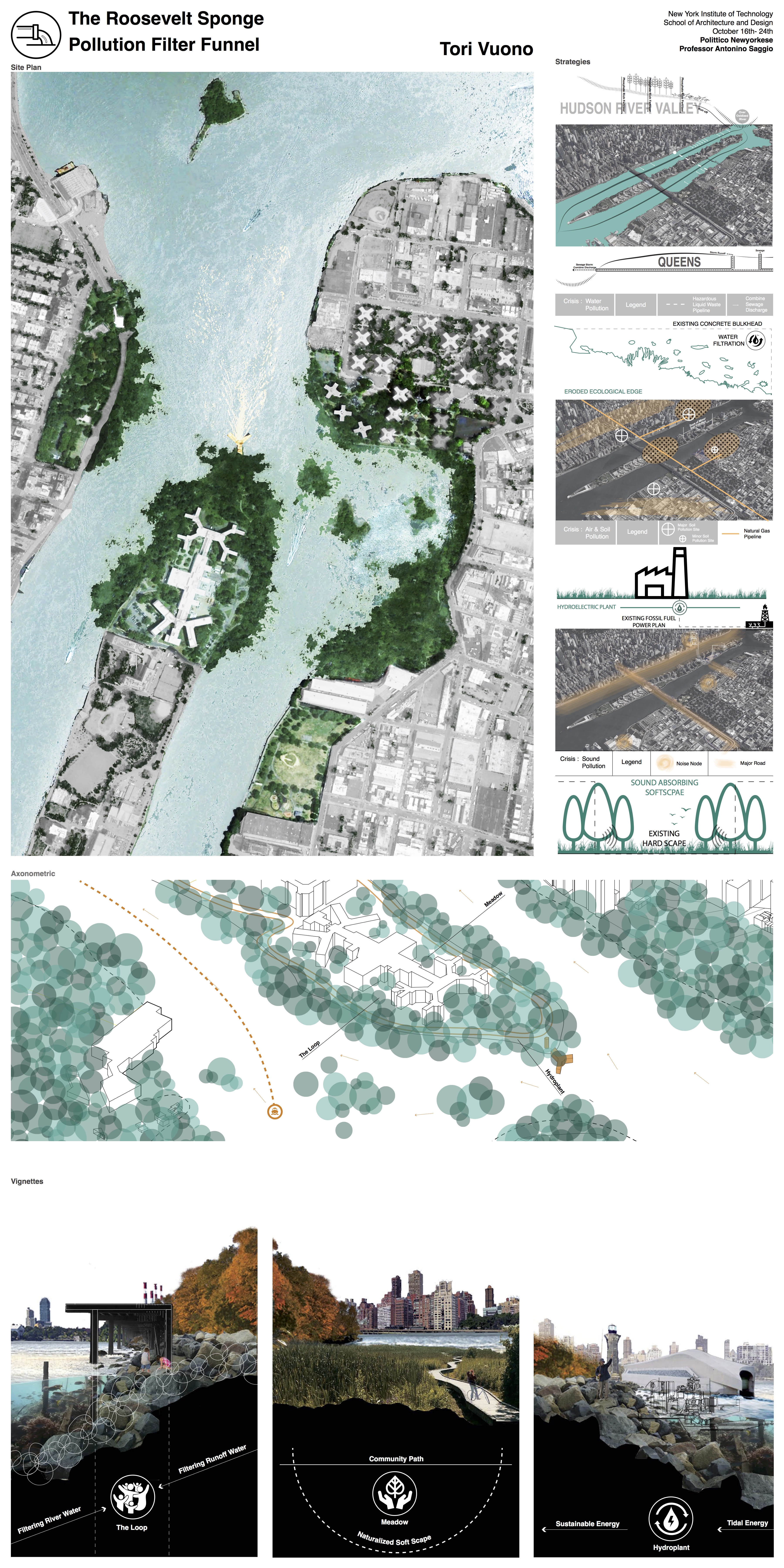 .
.
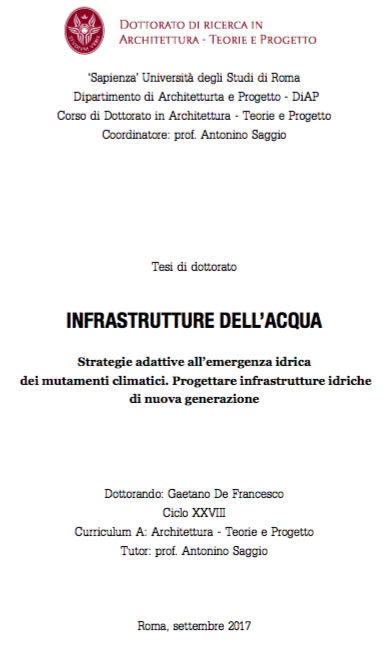
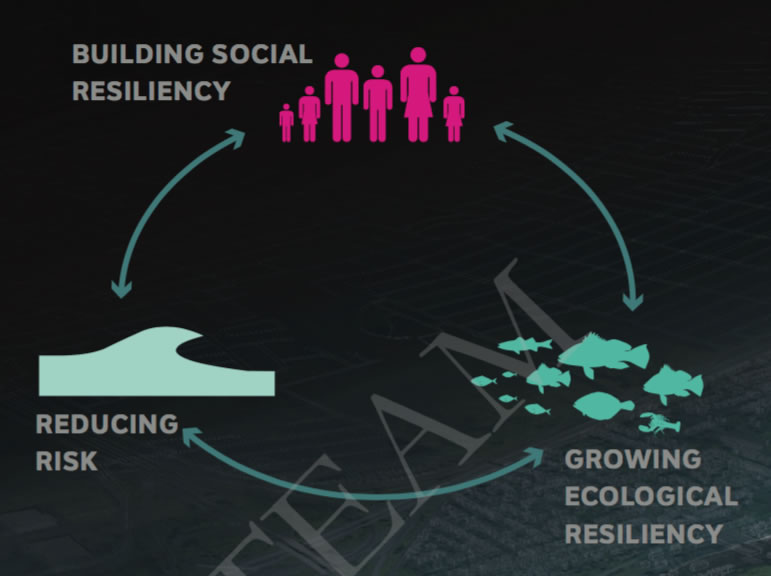

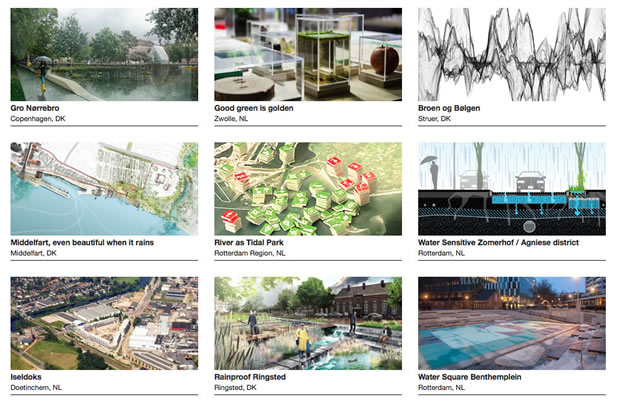 --
-- 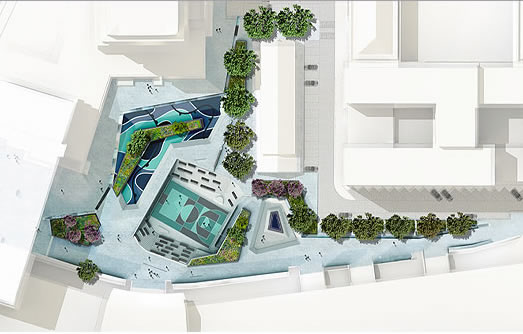
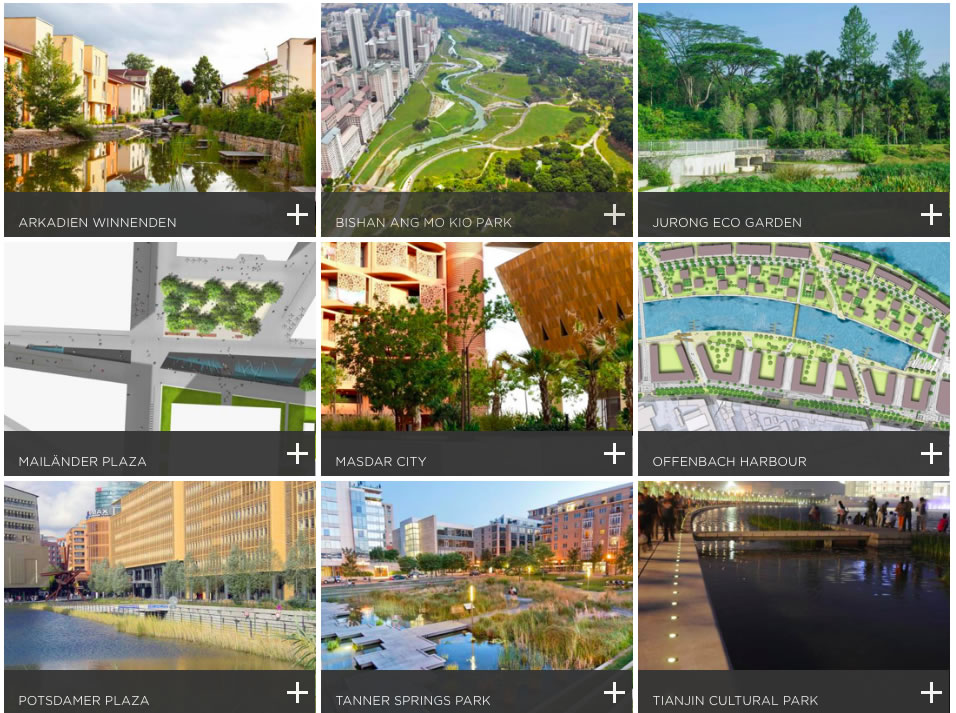
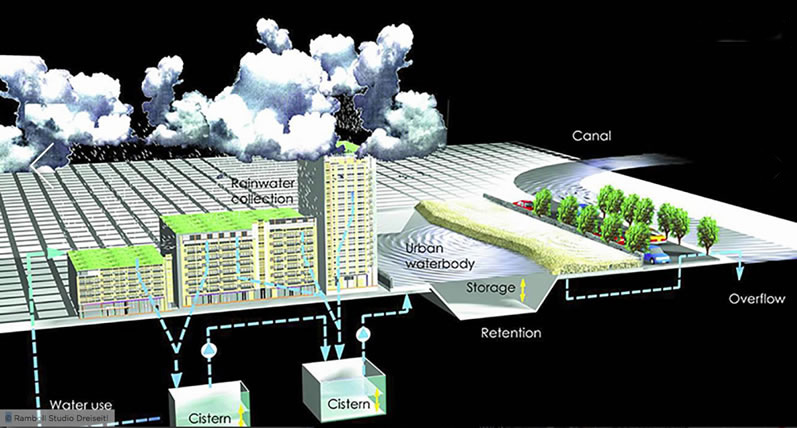
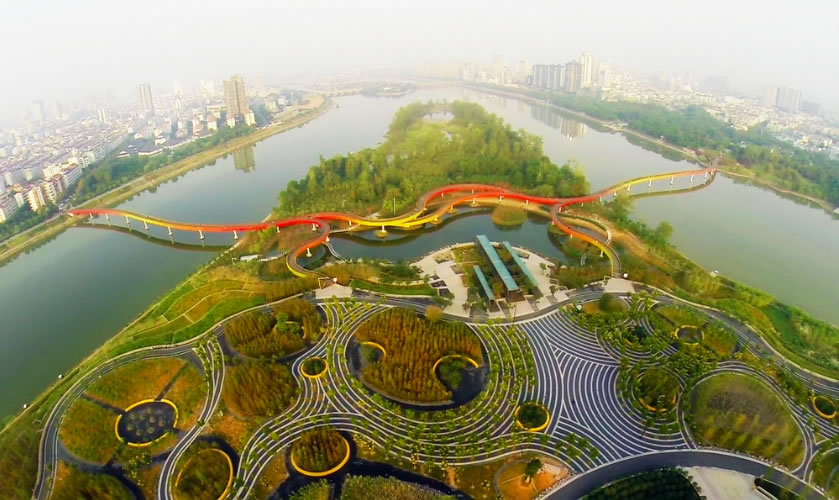 ,
,